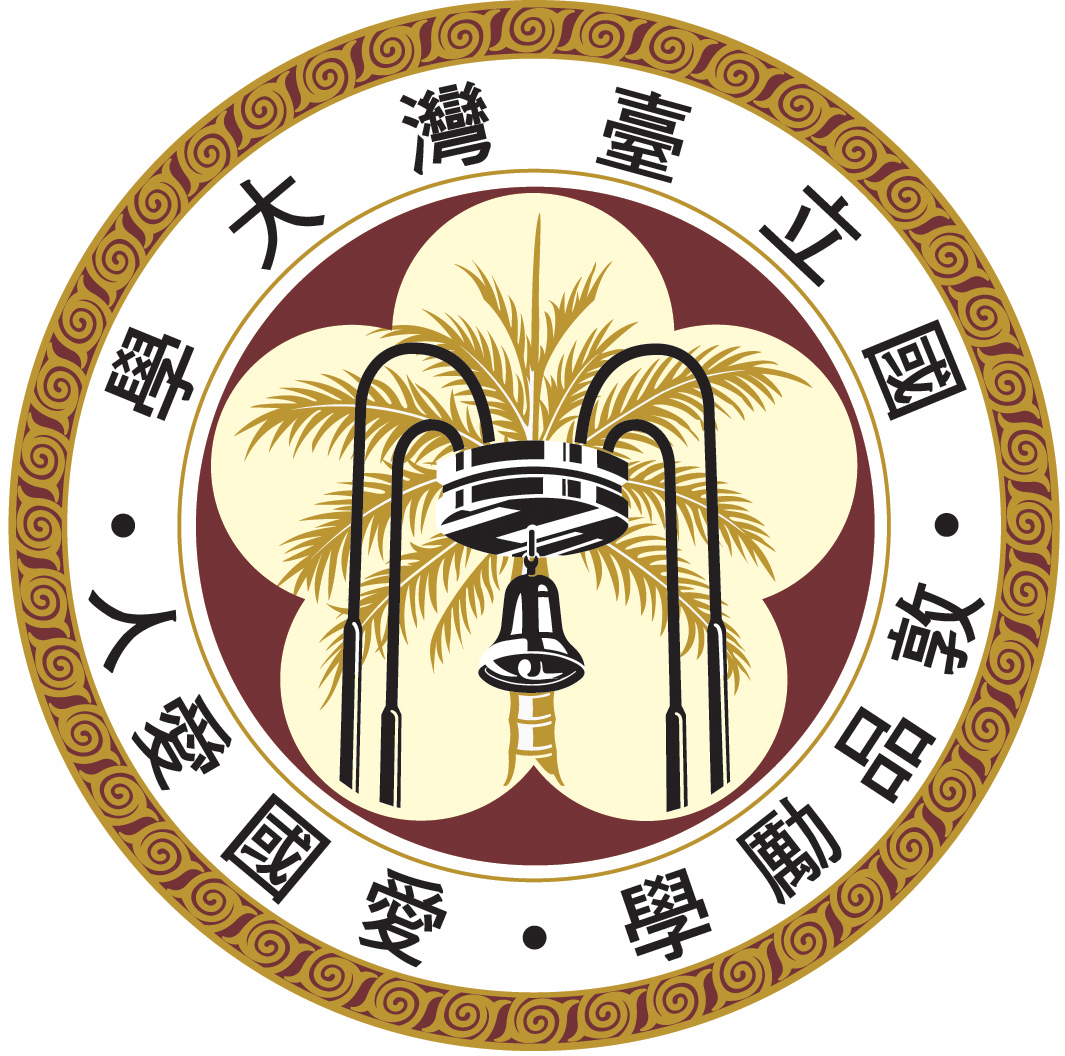Computational Physicality Lab
Research Field
Dr. Lung-Pan Cheng is an Associate Professor in the Computer Science and Information Engineering Department at National Taiwan University. His research focuses on building interfaces between realities where computer systems, including sensors and actuators, are programmed to guide users to a plausible mixture. Dr. Cheng and his lab's research has published several papers in top-tier Homan-Computer Interaction conferences (ACM CHI, UIST). Dr. Cheng has consecutively served as the associate chair and reviewer in these top-tier conferences.
Mission & Vision
Every person exists in three types of reality. First, people live in a physical reality where things follow the common laws of physics. Second, people have their individual imagined realities where things act as wishes. Third, using computer technologies, people can create virtual realities in which the existence and behavior of people's representations and objects are programmed and can follow arbitrary rules defined entirely by people and not by the boundaries of physics. These three realities are highly correlated but not necessarily the same. By exploring the mismatch between these three realities, we see new concepts, interactions, and devices emerging, interfacing and extending these three instantiations of reality towards one ultimate reality—the one that brings creation, abstraction, and embodiment altogether.
Mixed Reality
- automatic virtual content generation based on physical environments
- using multimodal (e.g., 3D displays, sensing, actuation) systems orchestrating people in asymmetrically
- novel haptics prototypes
Fabrication
- heterogeneous materials in 3D printing
- fast-assembling mechanisms in 3D printing
Perceptual Causality
- understanding and experimenting with human causal inference
- understanding plausibility, intuition, and hallucination.
- CHI 2022 Best paper award
- 2022 Young Scholar Fellowship, National Taiwan University, EECS College
- 2019 Young Scholar Fellowship, National Science and Technology Council
- Ph.D. in HCI, Hasso Plattner Institute, 2018
- M.S. in CS, National Taiwan University, 2012
- B.S. in CS, National Chiao Tung University, 2010
2 Vacancies
Job Description
- paper writing, figure and video making, and other administrative tasks may be involved.
Preferred Intern Education Level
- studying HCI, CS, EE, ME bachelor or above
Skill sets or Qualities
- strong passion for HCI
- basic programming and data structure
